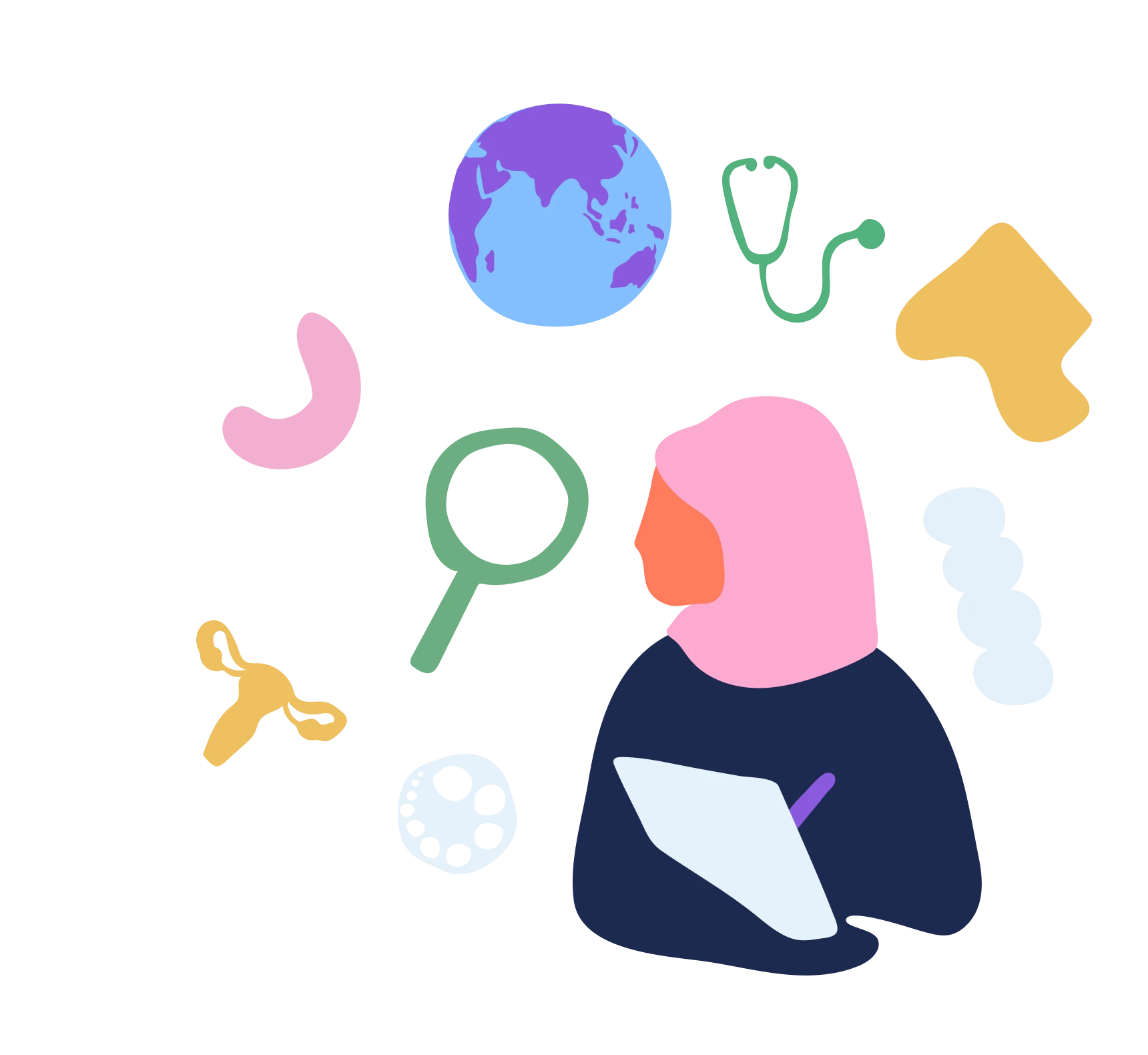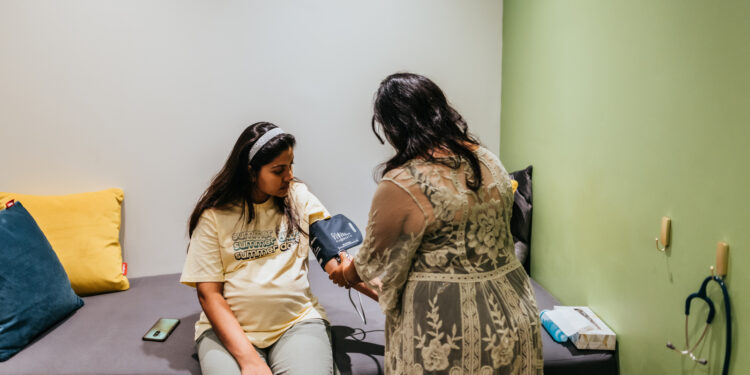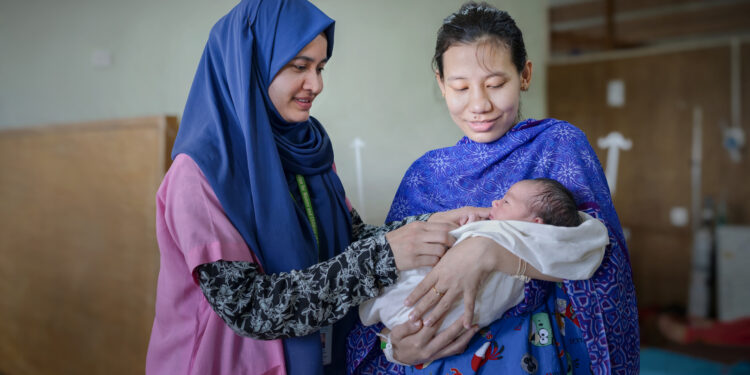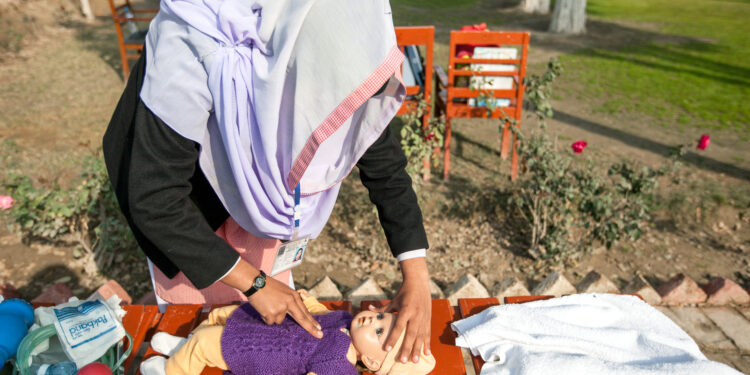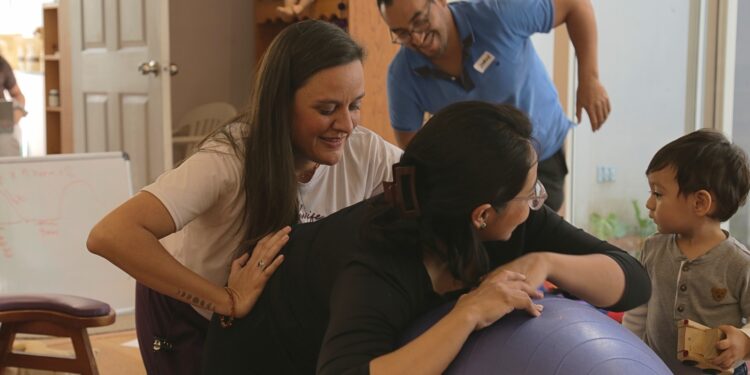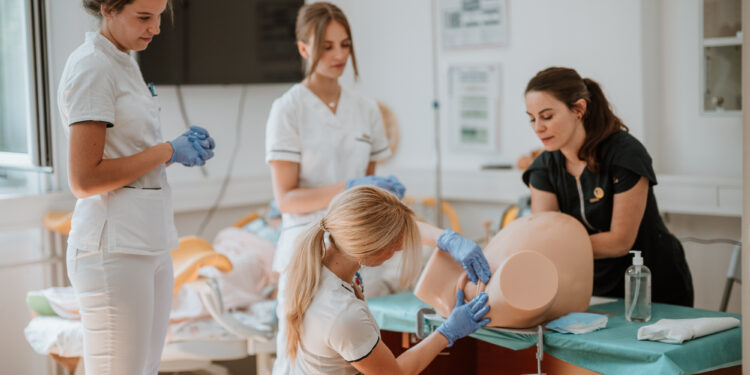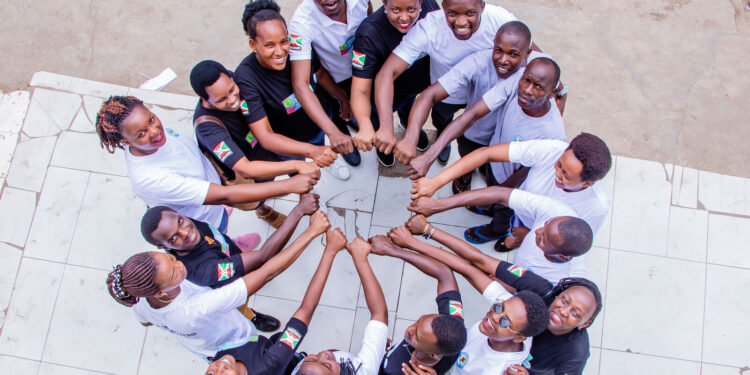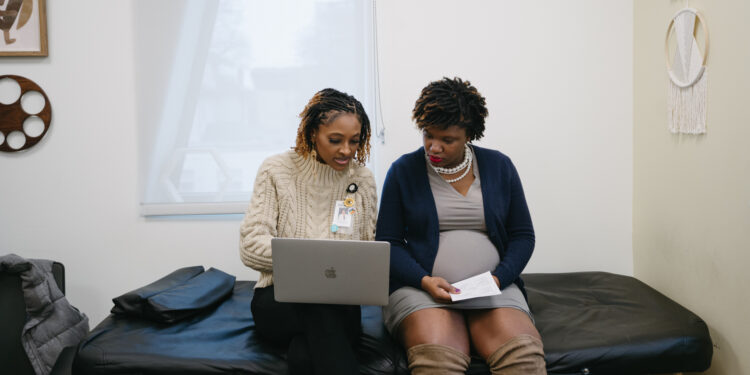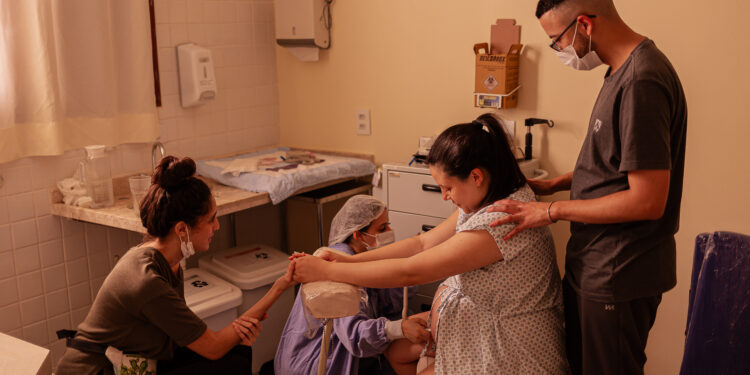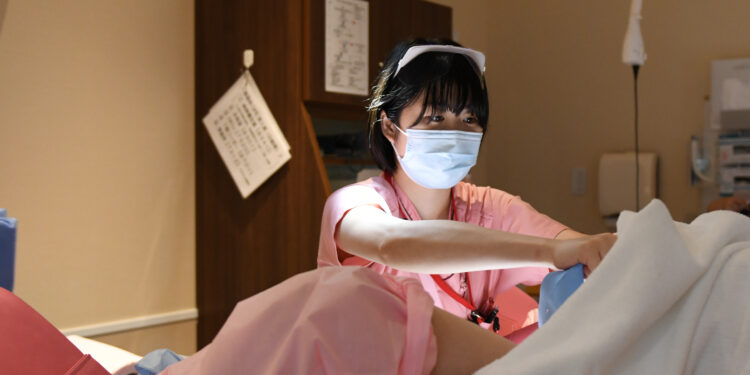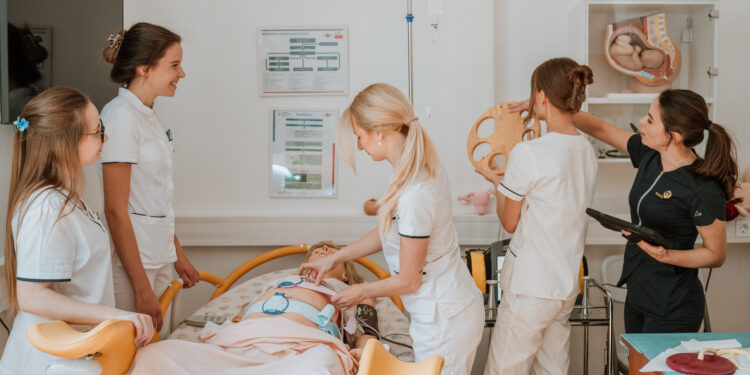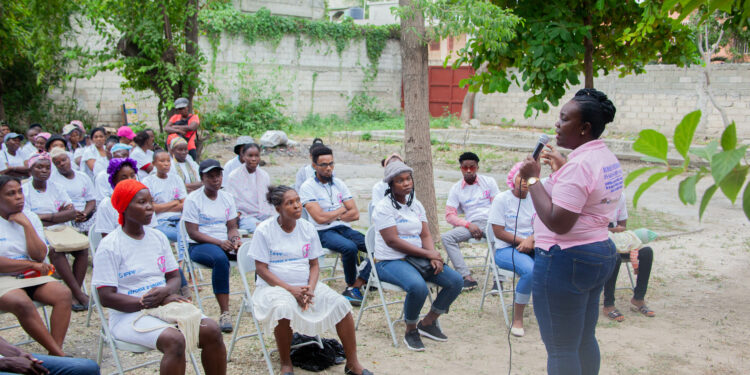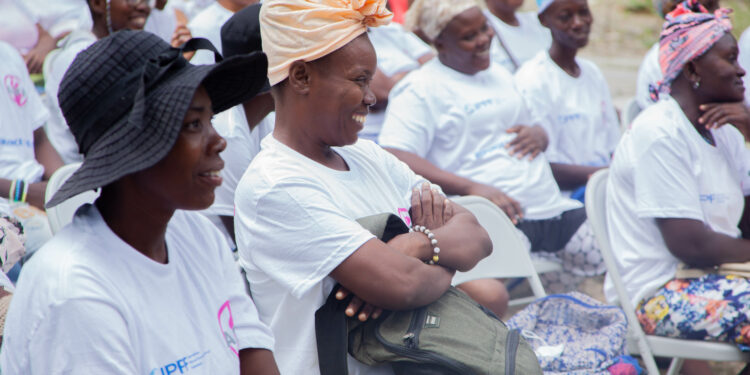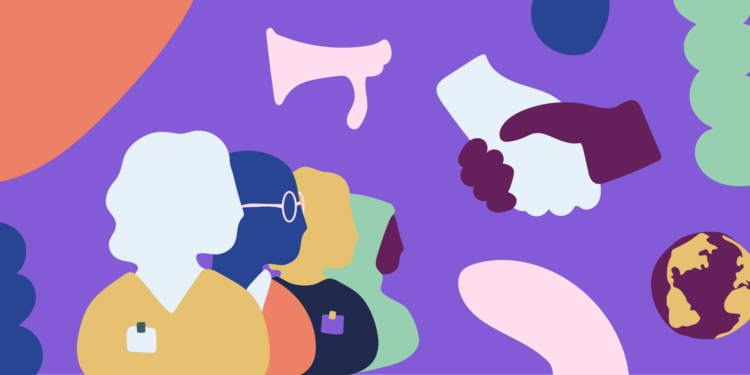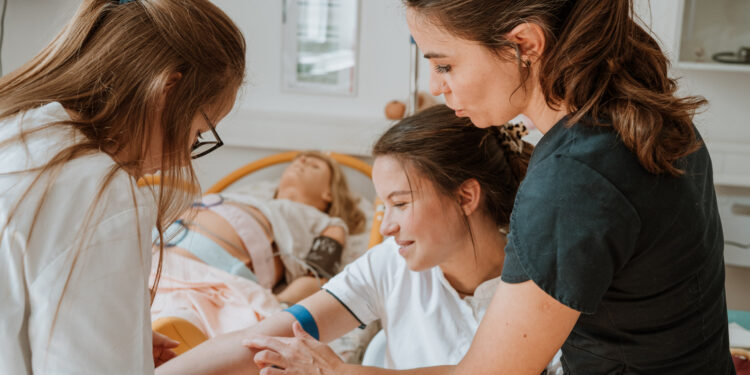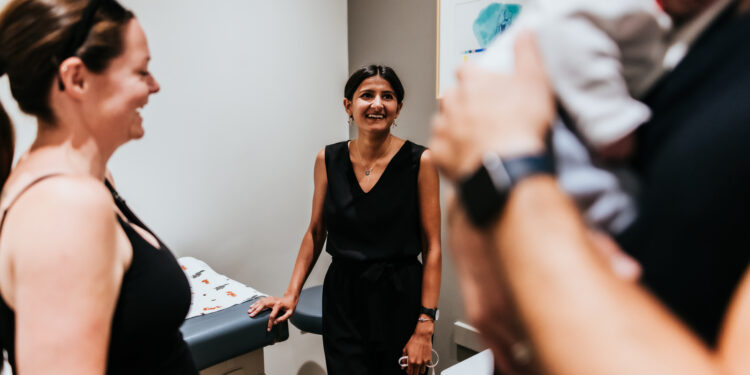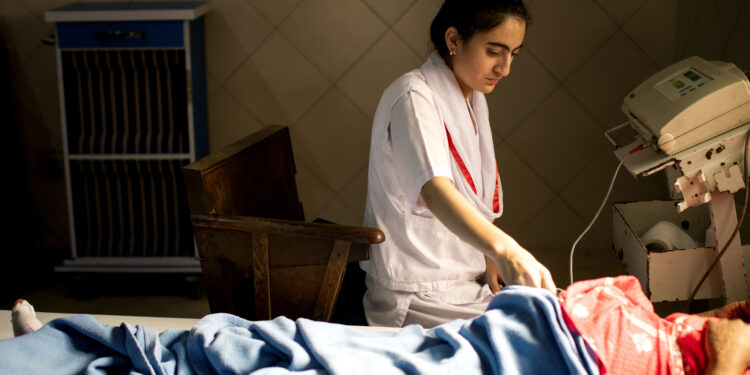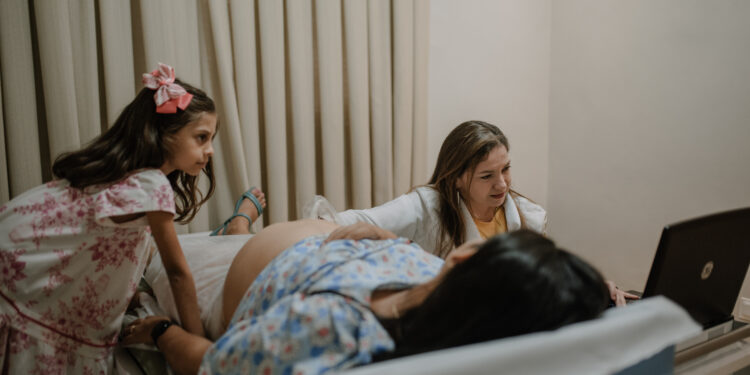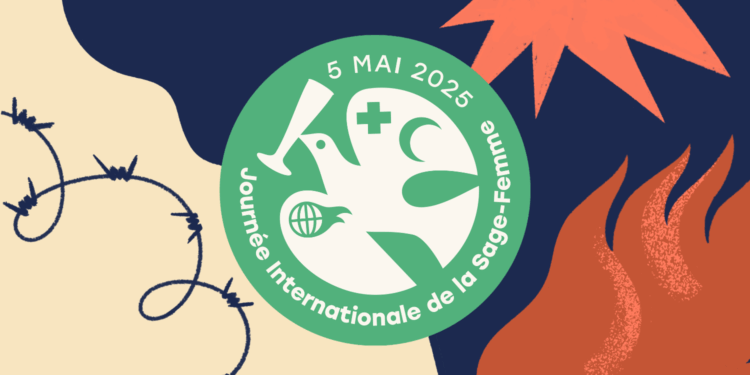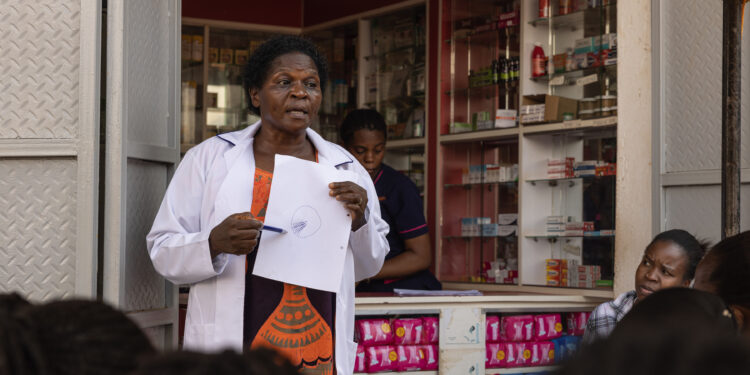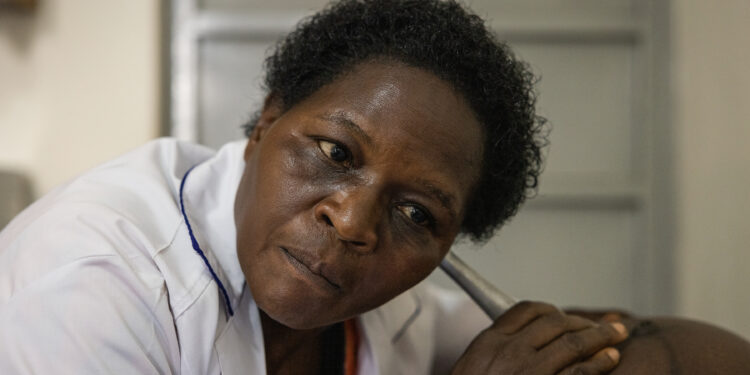Ce site utilise des cookies afin que nous puissions vous fournir la meilleure expérience utilisateur possible. Les informations sur les cookies sont stockées dans votre navigateur et remplissent des fonctions telles que vous reconnaître lorsque vous revenez sur notre site Web et aider notre équipe à comprendre les sections du site que vous trouvez les plus intéressantes et utiles.
Ressources
Les sages-femmes améliorent la santé génésique et l’issue de la grossesse pour les femmes, les personnes de la diversité sexuelle et de genre et les nouveau-nés. L’ICM a développé les outils dont les associations de sages-femmes (AM) ont besoin pour former, déployer, réglementer et soutenir la profession.
Ces ressources, y compris les normes et compétences mondiales, les outils et les lignes directrices, sont accessibles ci-dessous.
